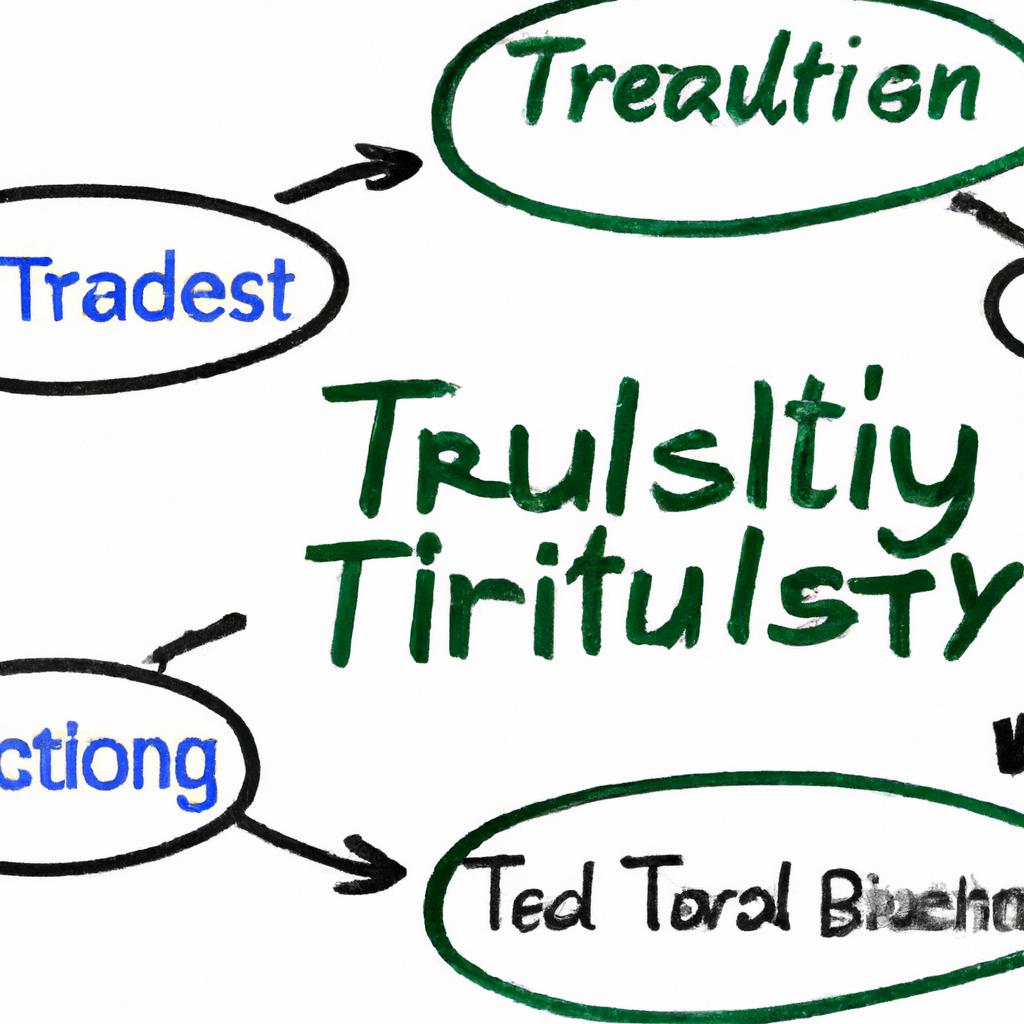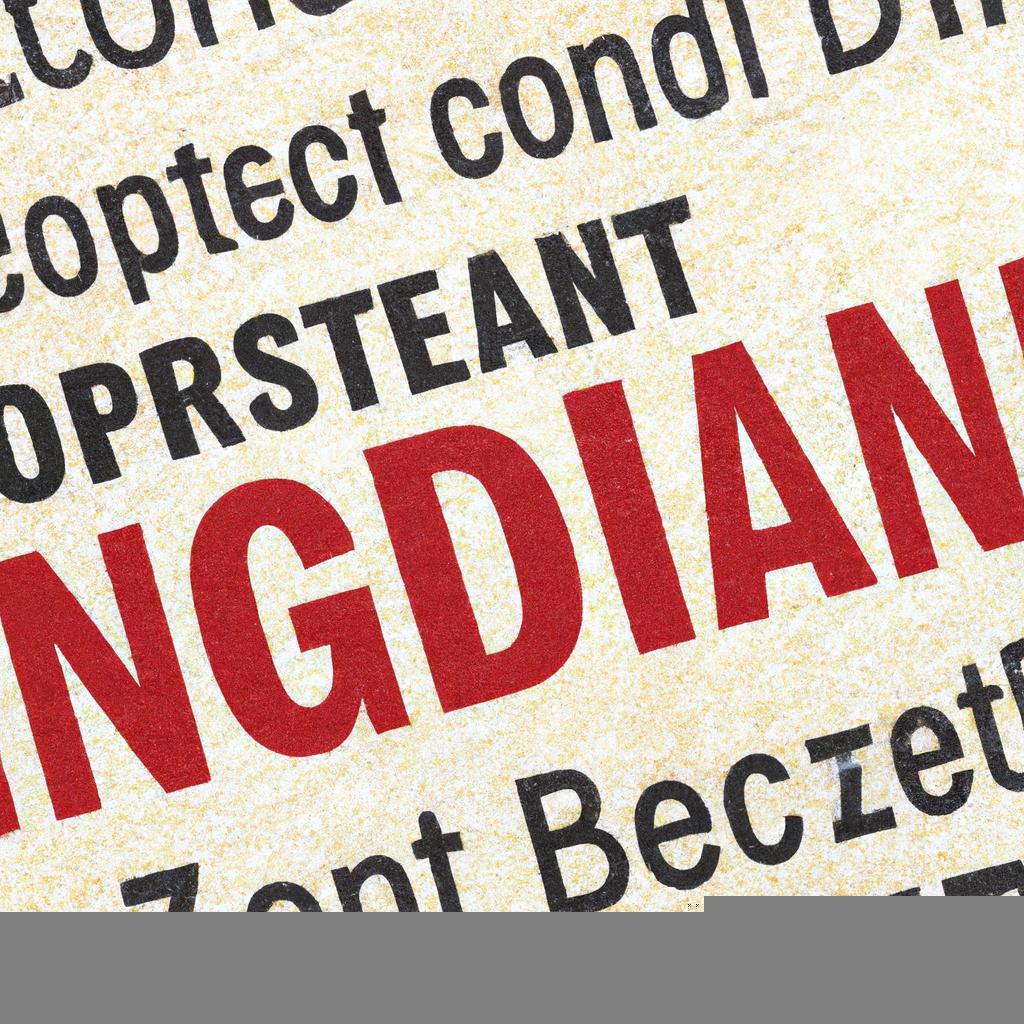In an increasingly interconnected world, the concept of brand integrity has evolved into a cornerstone of business ethics and consumer trust. As brands strive to carve out their identities in a crowded marketplace, the regulations set forth to protect their names and reputation have taken on new significance. Among these regulations, zip code protections stand out as a vital mechanism designed to ensure that brand identity remains intact in the face of competition and market fluctuations. This article delves into the importance of adhering to zip code protected brand regulations, exploring how they not only safeguard the uniqueness of a brand but also reinforce the relationship between businesses and their communities. Upholding these standards is more than a legal obligation; it is a commitment to quality, authenticity, and the shared values that form the foundation of consumer loyalty. Join us as we navigate the intricacies of brand regulations and uncover the profound impact they have on both businesses and the neighborhoods they serve.
Navigating the Landscape of Zip Code Protected Brands
In today’s competitive market, maintaining the integrity of your brand involves understanding the nuances surrounding zip code protected brands. These brands are not just about recognition; they represent the uniqueness of a locality, reflecting the culture and values of the community. To successfully navigate this landscape, businesses must engage in due diligence to ensure they adhere to regulations designed to protect these localized brands. Failure to do so can lead to unintended repercussions that may tarnish both brand reputation and local trust.
Compliance with zip code restrictions requires vigilance and strategic execution. Below are key considerations that brands must bear in mind:
- Awareness: Stay informed about the areas where your brand may be protected.
- Communication: Engage with local stakeholders and communities to foster goodwill.
- Legal Guidance: Consult with legal experts specializing in intellectual property to navigate complex regulations.
- Brand Strategy: Develop a local-centric brand strategy that honors the unique characteristics of the zip code protected brands.
Understanding the regional landscape can often be showcased through a structured approach, such as a summary table detailing key zip code protected brands, their relevant industries, and the areas they cover:
| Zip Code | Brand | Industry |
|---|---|---|
| 90210 | Beverly Hills Beauty | Cosmetics |
| 10001 | New York Artisan Coffee | Coffee Shops |
| 94103 | San Francisco Tech Solutions | Technology |
By acknowledging and respecting the regulations associated with zip code protected brands, businesses can not only avoid legal pitfalls but also enhance their brand credibility, thereby cementing their presence in the local marketplace.

Building Trust Through Compliance and Transparency
In a world where consumers are increasingly aware of the implications behind brand choices, maintaining a reputation grounded in compliance and transparency is paramount. By adhering to zip code protected brand regulations, businesses not only follow the legal requirements but also showcase their commitment to ethical practices. This dedication builds a sense of **trustworthiness** among consumers, fostering loyalty and resonance with their values. The stakes are high: a single misstep can lead to significant repercussions, including genuine damage to a brand’s integrity and consumer perception.
To cultivate this trust, organizations can take concrete steps to ensure they align with regulations and foster transparency:
- Clear Communication: Inform consumers about your compliance measures and how you respect brand regulations.
- Regular Training: Educate employees about the importance of zip code brand protections and related compliance.
- Feedback Mechanisms: Establish channels through which consumers can voice concerns regarding brand practices.
Additionally, businesses can ensure that their compliance initiatives are not merely checkboxes but integrated into the core of their operations. Below is a simple table illustrating key compliance practices that can bolster brand integrity:
| Compliance Practice | Impact on Brand |
|---|---|
| Adherence to Regulations | Enhances credibility and accountability |
| Public Reporting | Promotes transparency and consumer trust |
| Community Engagement | Strengthens local relationships and brand loyalty |

Strategies for Enhancing Brand Integrity in Local Markets
Maintaining brand integrity in local markets begins with a commitment to understanding and adhering to zip code protected brand regulations. This means that companies must prioritize compliance by employing a **local-first approach** that respects community guidelines and values. Businesses can enhance their integrity by actively engaging with local stakeholders, conducting regular audits of their practices, and ensuring that their branding resonates with the ethos of the neighborhood. Encourage transparency through **open communication channels** that allow consumers to voice their concerns, thereby fostering a sense of trust that is vital for brand loyalty.
Another effective strategy involves creating community partnerships that reinforce local connections. By collaborating with local organizations, businesses can co-host events or sponsor local initiatives that align with their brand values while enhancing their visibility within the community. Consider the following tactics to strengthen these partnerships:
- Participatory Marketing: Involve local residents in marketing decisions to enhance relevancy.
- Support Local Causes: Commit resources to support initiatives that have local significance.
- Feedback Mechanisms: Implement systems to gather and act on community feedback.
Additionally, a clear understanding of local competitors and market trends can guide brand strategies effectively. Developing a concise table to track critical performance indicators can help brands assess their standing in relation to local regulations:
| Brand | Compliance Score | Community Engagement Level |
|---|---|---|
| Brand A | 85% | High |
| Brand B | 90% | Medium |
| Brand C | 70% | Low |
By fostering an environment where compliance and community engagement are prioritized, brands can not only protect their identity but also ensure lasting success in the local marketplace. The integration of local insights with compliance strategies creates a comprehensive approach that truly values the community’s voice.
Concluding Remarks
In closing, the importance of upholding brand integrity through the respect of zip code protected brand regulations cannot be overstated. These guidelines serve not only as a protective barrier for businesses but also as a framework for fostering trust and loyalty among consumers. As we navigate a landscape where brand perception can shift at the speed of a click, adhering to these regulations becomes essential in preserving the authenticity that consumers seek. By honoring the guidelines set forth, brands not only safeguard their own identities but also contribute to a fair and competitive marketplace where innovation and integrity go hand in hand. In a world increasingly driven by values, the commitment to brand integrity through regulatory respect is a strategy that benefits all—businesses, consumers, and the broader economy alike. Let us move forward with a renewed dedication to these principles, ensuring that the brands we cherish continue to thrive in a world that values integrity above all.
